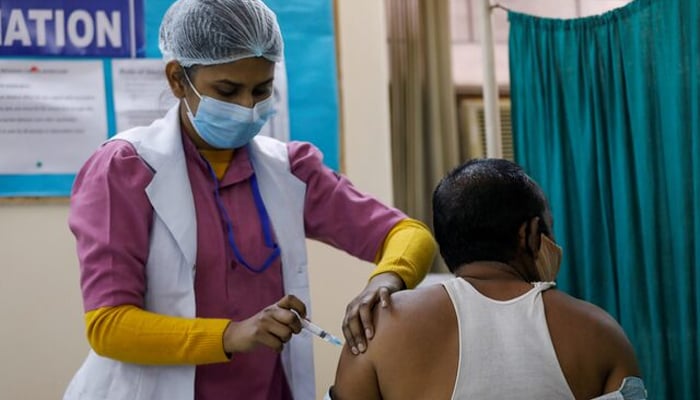

Experts have raised concerns over a sharp rise in genetic disorders in the country due to a high ratio of cousin marriages, The News reported on Wednesday.
Cousin marriages in Pakistan amount to more than 65% of the total marriages in the country with the number even rising to 85% in some communities.
Speaking at the Swiss-Pakistan Workshop titled "Genomic Disorder and Recessive Disorder" at the Dow University of Health Sciences (DUHS), the experts warned that Pakistan ranked among the nations with the highest rate of consanguineous marriages globally.
The workshop, held at Dr Abdul Qadeer Khan Auditorium of Dow International Medical College on Tuesday, brought together experts from Pakistan and Switzerland to discuss the impact of genetic mutations caused by cousin marriages.
Speaking at the occasion, DUHS Vice Chancellor Professor Muhammad Saeed Quraishy said that cultural, social, and economic factors drive this trend, which, while having certain biological benefits, significantly increases the risk of recessive and dominant genetic disorders in children.
He also revealed that genetic diseases such as thalassemia, microcephaly, and other hereditary conditions are prevalent in families with repeated consanguinity.
"The alarming rate of cousin marriages in Pakistan necessitates urgent genetic research and healthcare interventions," remarked the vice-chancellor.
Meanwhile, expressing his views, the workshop's guest of honour Professor Atta-ur-Rahman stressed the importance of scientific development to combat genetic diseases.
He observed that despite economic challenges, Pakistan continues to advance in biological and genetic research.
Addressing the event, Dr Stylianos Antonarakis from the University of Geneva shared that approximately 2,980 genes linked to recessive diseases have been identified, while an estimated 8,000 to 9,000 remain unknown.
He explained that genomic variability can drive evolution but also imposes the burden of genetic disorders, especially in populations with high rates of cousin marriages.
Furthermore, highlighting the country's high prevalence of genetic disorders, including a 6% carrier frequency of thalassemia and one of the world’s highest rates of microcephaly, Aga Khan University's Dr Ambreen Fatima criticised the limited focus on genetic disorders in the healthcare system, which is overwhelmed by infectious diseases and malnutrition.











